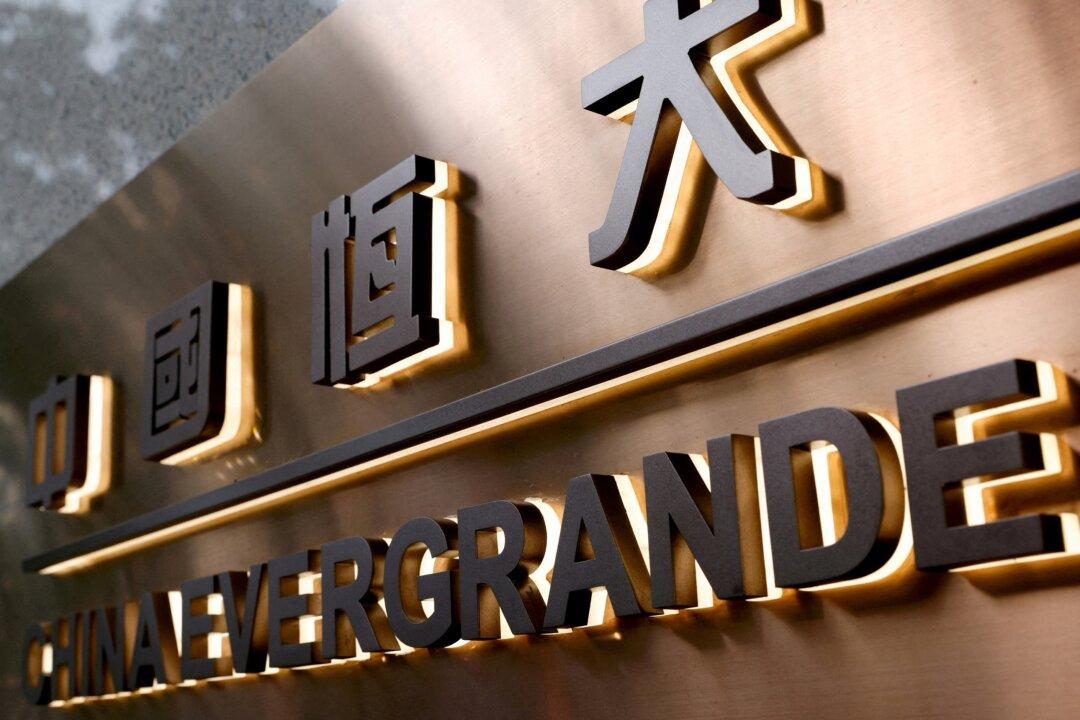The world’s most heavily indebted property developer Evergrande Group filed for bankruptcy in New York on Aug. 17 amid China’s deepening property crisis.
The filing under Chapter 15 of the U.S. bankruptcy code shields non-U.S. companies under restructuring from creditors coming after their U.S.-based assets. It came after the firm put off meetings regarding a $3.2 billion restructuring plan to keep the company afloat.





